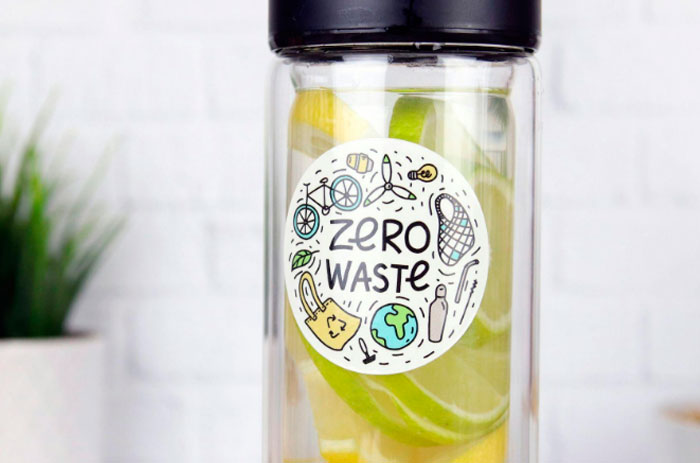As cities like Peoria, Arizona, and many others across the country face mounting pressure to modernize waste management, several communities in Arizona are already making significant strides. Through the use of data-driven technology, forward-thinking leadership, and strong public-private partnerships, communities in the state are making meaningful progress by adopting innovative waste strategies that are efficient and sustainable.

Progress in Peoria
Peoria is a prime example of a city taking a comprehensive waste disposal and processing approach by integrating innovative technologies, fostering community input, and leveraging experienced leadership to drive sustainable waste management solutions.
Much of that progress is tied to the leadership of Arizona’s Denette Dunn, a long-time sustainability advocate and council member representing Peoria’s Pine District. A former vice mayor and chair of the city’s Boards and Commissions Subcommittee, Dunn has consistently pushed for smart infrastructure and community engagement.
She also brings private-sector expertise from her years as Municipal Services Manager with Republic Services, one of the largest waste management companies in Arizona and the country.
Under Dunn’s guidance, Peoria has prioritized smarter, community-informed solutions.
She founded the Pine Citizens Advisory Committee to give residents a platform for shaping sustainability goals. Her public service and industry knowledge blend has helped align city priorities with proven technologies, such as route-optimized collection and improved recycling practices.
Other Arizona Cities Follow Suit
Other Arizona cities are also investing in data-backed systems to improve waste efficiency. Phoenix and Tucson have adopted sensor-based waste containers that alert crews when bins are full, reducing unnecessary trips and saving fuel.
In Phoenix, Tucson, Flagstaff, Mesa, and Tempe, real-time route optimization software has led to noticeable reductions in fuel costs and emissions, improving worker safety and scheduling.
Public-private collaboration has been crucial to these efforts. Many cities, including some in Arizona, partner with providers like Republic Services and Waste Management to pilot new technologies before scaling them.
For example, automated trucks equipped with side-load arms and AI-assisted recycling sorters have been tested in communities like Goodyear, Arizona, and Arizona State University (ASU); both have benefited from improved recycling accuracy and reduced contamination rates.
At the community level, cities are also investing in education. Tucson is only one of the many communities that have launched programs to teach residents how to sort recyclables and reduce landfill waste properly.
These initiatives often work best when paired with local leadership understanding the policy and operational sides of waste systems—something Peoria’s Denette Dunn has exemplified through her dual roles in government and industry.
Leadership-Driven Tech Makes the Difference
Across the board, Arizona cities like Peoria are proving that innovative waste solutions require more than just the latest tech. They depend on collaborative leadership, clear communication, and a willingness to experiment.
Denette Dunn’s role in Peoria illustrates how one person’s vision—supported by real-world experience and civic engagement, can help a city transition toward more sustainable practices.
Arizona’s urban achievements stem from unified methods that incorporate infrastructure, innovative solutions, and community feedback. As waste management continues to evolve, these communities are showing that smart solutions aren’t only possible—they’re already working. The path forward will require continued investment and strong local leadership, but the foundation laid by cities like Peoria sets a solid precedent for others to follow.
